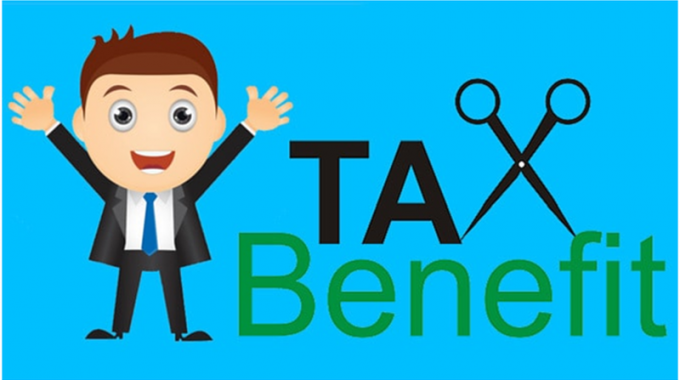You already know that pledging your property as an asset will help you avail funding against it. Taking this loan has another advantage. The low interest rates on loan against property also giving you tax benefits as you make repayments that can help you save money through the tenor. To know more about claiming tax exemptions on your loan against property, read on.
Loan against property tax benefits you can gain from.
- If you have taken a loan against property to renovate or add to the construction of your home, you can claim deductions basis the interest you are repaying under Section 24 of the Income Tax Act. This amount is capped at Rs.2 lakh.
- If you take a loan against property for business purposes, you can claim tax deductions basis the interest component of your loan under deductible expenditures. If you are self-employed or a business owner using the money to buy a car for business use, you can get tax exemption on the interest you repay.
- If you take a loan against property for paying for the education of your children or dependants, you can claim deductions up to Rs.1.5 lakh under Section 80C along with other eligible investments. However, this benefit is only for the fees paid and not on other related expenses like transport. The good news is that you can claim this deduction for 2 children as an individual, so you and your spouse can get the benefit for up to four children’s tuition fees.
- You can also claim tax deductions if you are using the loan against property to purchase another home. In this case you will be able to claim the same tax benefits as applicable on a home loan, which is Rs.2 lakh on interest repayment and Rs.1.5 lakh on principal repayment. Do check the rules about property purchase and constriction carefully to make the most of your savings.
- When you take a loan against property to pay medical bills, you can make use of tax deductions too. You are allowed to get a deduction of up to Rs.75,000 under Section 80DD when you incur medical expenses for a disabled dependant, be it your spouse, parent, sibling or children. In the case of a sever disability, you can get a fixed deduction of Rs.1,25,000. As per rule 11DD, you can claim Rs.40,000 for dependents and Rs.1,00,000 for senior citizens when you pay for health treatments of specified diseases or ailments. Study the rule carefully to see the diseases and the proof you are required to submit. You can also get a deduction of up to Rs.50,000 on medical expenses for senior citizens as well as an amount of Rs.25,000 on health insurance premiums.
Taking a loan against property from a top lender will also help you save more during your borrowing journey. For instance, look at how Bajaj Finserv makes your loan borrowing experience hassle-free.
- Bajaj Finserv Loan Against Property offers you high loan amount sanctions of up to Rs.3.5 crore on nominal interest rates.
- You can benefit from nominal part-prepayment charges, to repay your loan more affordably and either reduce your subsequent EMIs or the loan’s tenor.
- You can use the online customer portal to manage your loan account and keep in touch with it on the go.
- The Flexi Hybrid facility allows you to borrow as you need and pay interest only on the utilised sum.
- You can use the Flexi Hybrid facility to pay interest-only EMIs too and manage your cash flow with ease.
- Use the convenience of doorstep documentation pickup instead of traveling to your nearest lender branch.
- Enjoy hassle-free application procedures by submitting minimal loan against property documents and qualify for it on easy loan against property eligibility criteria.
So, make the most of your loan against property by saving on your expenses as much as possible. This will help you get customised and quick finance without any delay.




